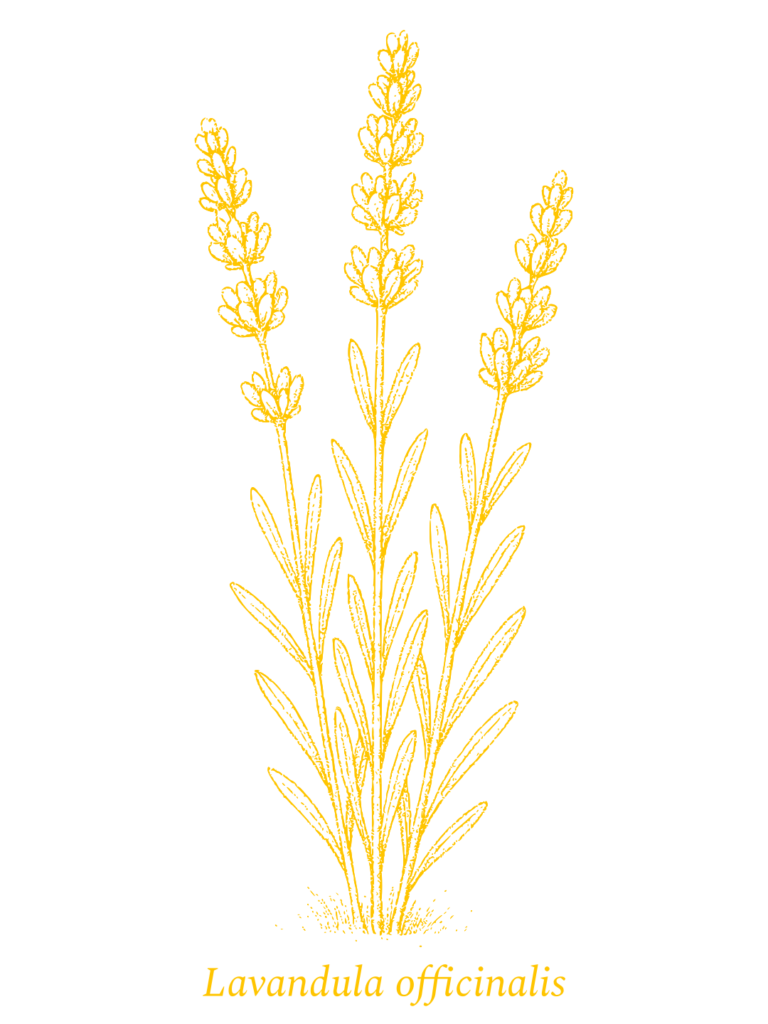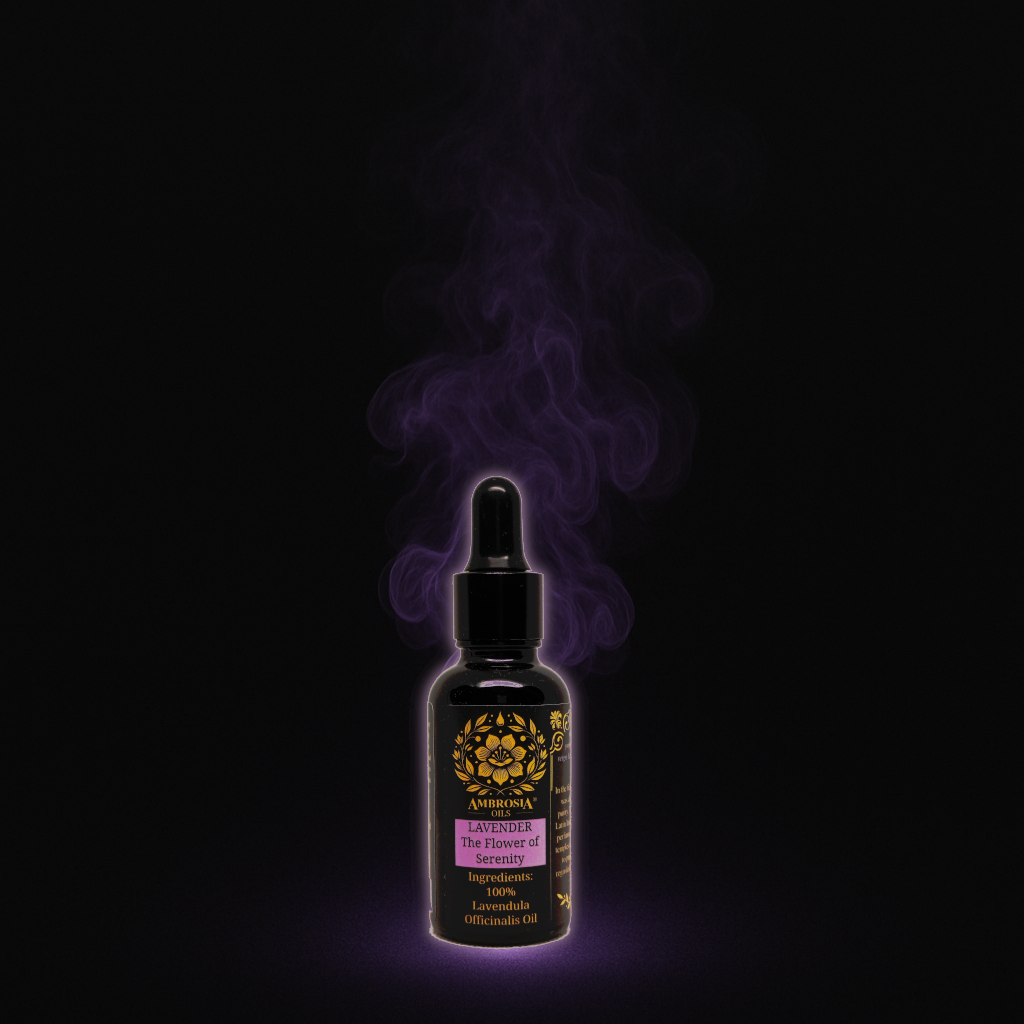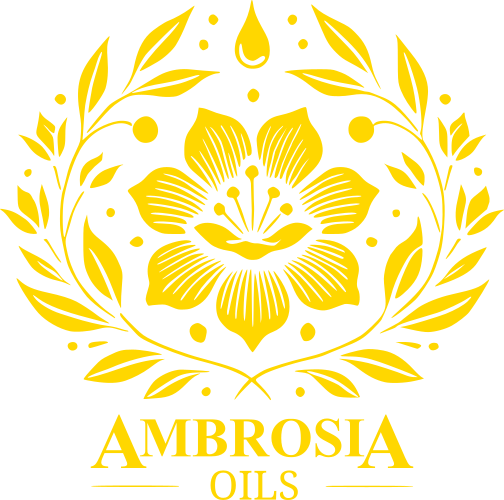
Scent Profile

Use Cases

&
Beauty

Lavender (Lavandula), a fragrant herb native to the Mediterranean region, has been cherished for centuries for its beauty, aroma, and versatile uses. Known for its soothing properties and vibrant purple blossoms, lavender remains one of the most beloved plants in the world. Its legacy is woven through history, its essential oil prized for its remarkable benefits.
The History of Lavender
Lavender’s history stretches back thousands of years. The ancient Egyptians used it in the embalming process and to create perfumes. Archaeological evidence shows that lavender was part of King Tutankhamun’s tomb treasures.
The Greeks and Romans revered lavender for its medicinal and aromatic qualities. The Romans used it to scent their baths, bedding, and clothes, giving lavender its name—derived from the Latin word lavare, meaning “to wash.” Medieval monks cultivated lavender in monastery gardens, using it as a remedy for ailments ranging from headaches to insomnia. By the Victorian era, lavender symbolized purity and grace, often found in English gardens and households.

Lavender Essential Oil
Lavender essential oil is extracted from the flowers of the lavender plant, primarily through steam distillation. This oil is known for its calming aroma and myriad of applications, making it a staple in aromatherapy and natural medicine. Its scent is both floral and herbaceous, with a subtle sweetness that soothes the senses.
Properties of Lavender
Lavender is celebrated for its diverse properties, which include:
- Calming and Relaxing: Lavender is renowned for its ability to promote relaxation and reduce stress. It’s often used in aromatherapy to improve sleep quality and alleviate anxiety.
- Antiseptic and Antibacterial: Lavender has natural antiseptic properties, making it useful for minor cuts, burns, and insect bites.
- Anti-inflammatory: The plant’s compounds help reduce inflammation and redness, making it beneficial for skin conditions like eczema and acne.
- Pain Relief: Lavender essential oil is often used to soothe headaches, muscle pain, and joint discomfort.
Benefits of Lavender
Lavender’s effects extend to both the mind and body. Some of its key benefits include:
- Improved Sleep: Lavender’s calming aroma has been shown to enhance sleep by promoting relaxation and reducing restlessness.
- Stress Reduction: Whether inhaled or applied topically, lavender helps lower cortisol levels, easing tension and creating a sense of tranquility.
- Skin Healing: Lavender oil promotes faster healing of wounds and burns, thanks to its regenerative and antiseptic properties.
- Respiratory Relief: Inhalation of lavender can help ease breathing difficulties caused by colds, flu, or allergies.
Conclusion
Lavender, in all its forms, embodies the harmony of nature. Its timeless appeal lies in its ability to nurture the body, calm the mind, and elevate the spirit. Whether as a fragrant flower, a soothing essential oil, or a symbol of serenity, lavender continues to enrich lives across the globe.
